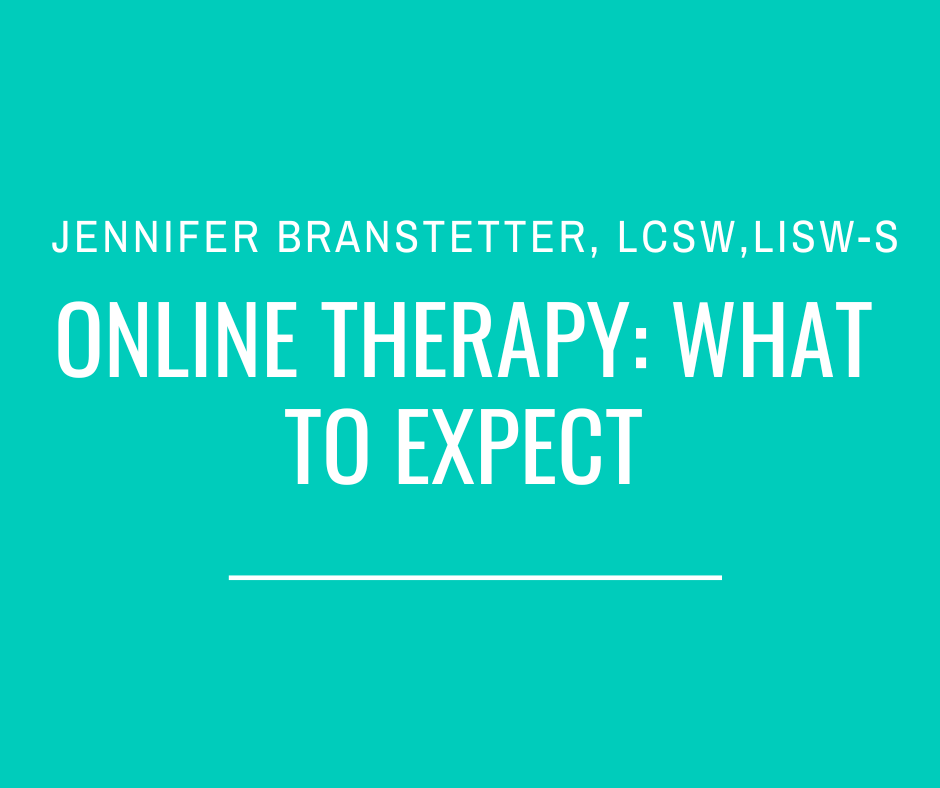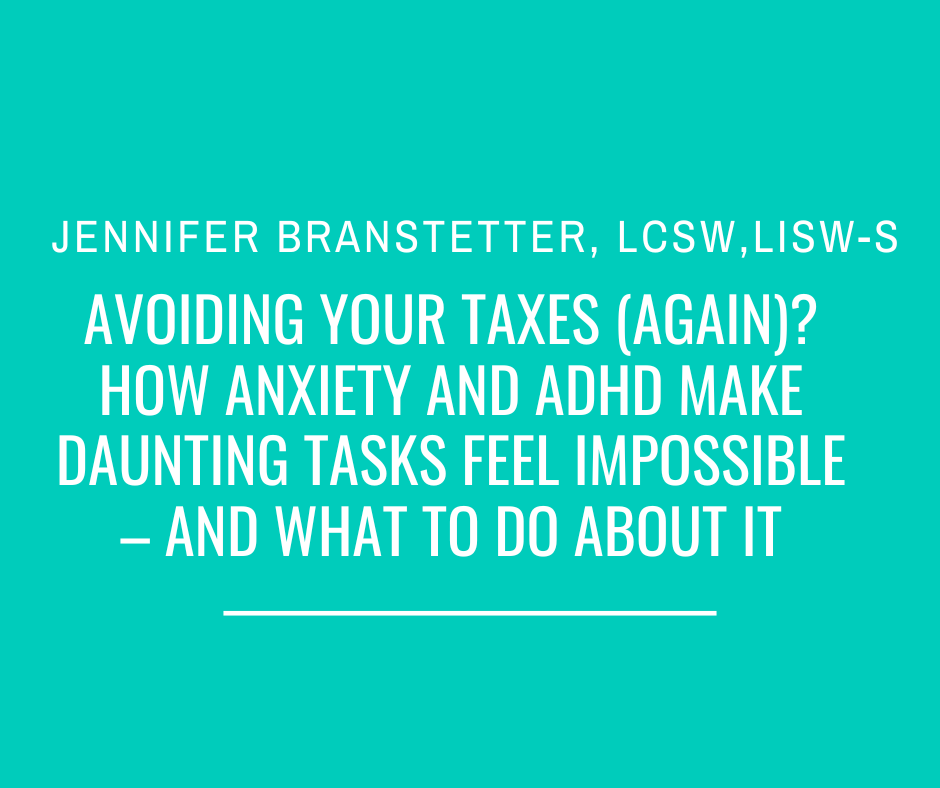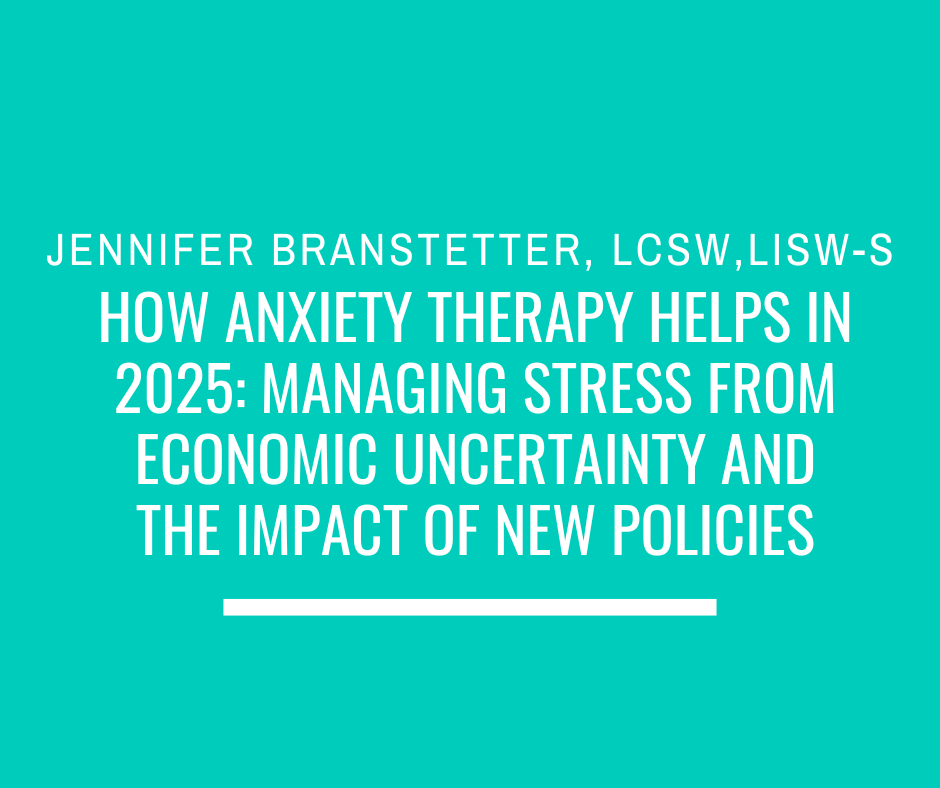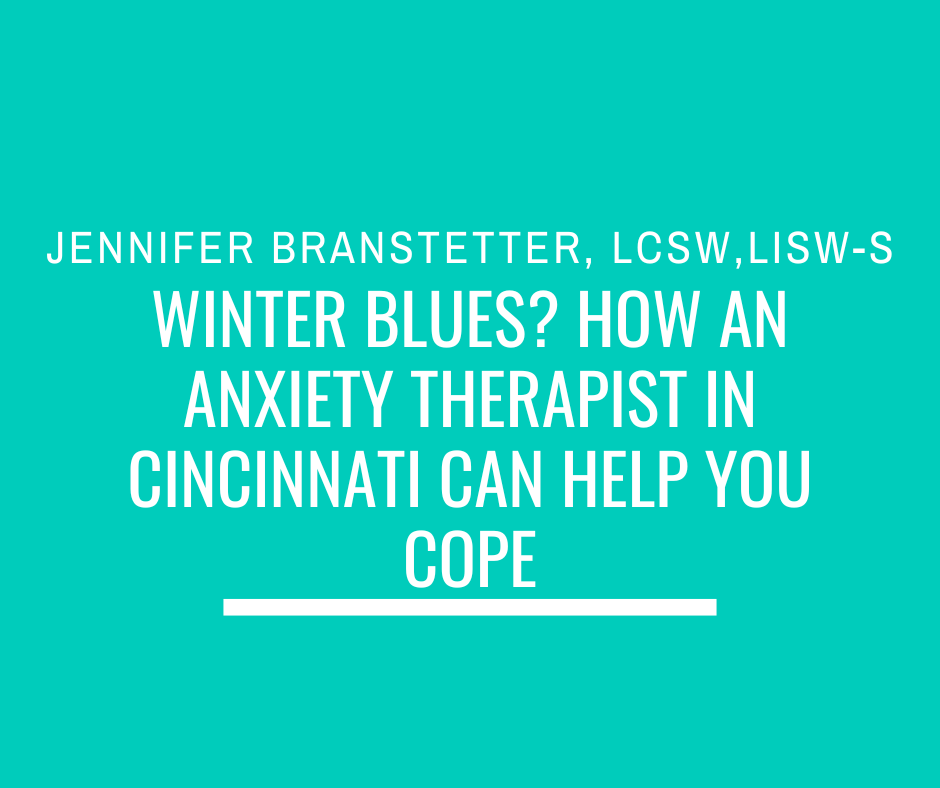Blog

Former Gifted Kid Syndrome
Struggling as an adult after being labeled a "gifted kid"? Learn how perfectionism, burnout, anxiety, or undiagnosed ADHD may be affecting you—and how online therapy in Ohio and Indiana can help.

Online Therapy in Indiana & Ohio: What to Expect and Why It Actually Works
Looking for online therapy in Indiana or Ohio? Learn how virtual therapy works, who it helps, and why private pay therapy might be the best choice for your mental health.



Winter Blues? How an Anxiety Therapist in Cincinnati Can Help You Cope
Feeling anxious and stuck indoors this winter? Learn how an anxiety therapist in Cincinnati and cognitive behavioral therapy can help you manage winter blues and build resilience.

Navigating a Mental Breakdown: Expert Advice from an Anxiety Therapist in Cincinnati
If you’re having an emotional breakdown, here is what you can do to help.

5 Strategies to Leave 2020 Behind: Tips from Your Anxiety Therapist in Cincinnati
2020 was a doozy. Here are the things I’ll be focusing on personally, and as a mental health counselor with my clients. It’s important to be intentional about how you handle the stress, burnout, and overwhelm that the year has caused. The stress isn’t really over, but starting fresh with new goals can certainly help steer you in a better direction.

Embracing the Breakdown: Finding Growth Amidst Stress with Your Anxiety Therapist in Cincinnati
Having a mental breakdown can feel scary and defeating. It’s truly awful to experience. But I want to share some of the good things that can come from completely losing it.